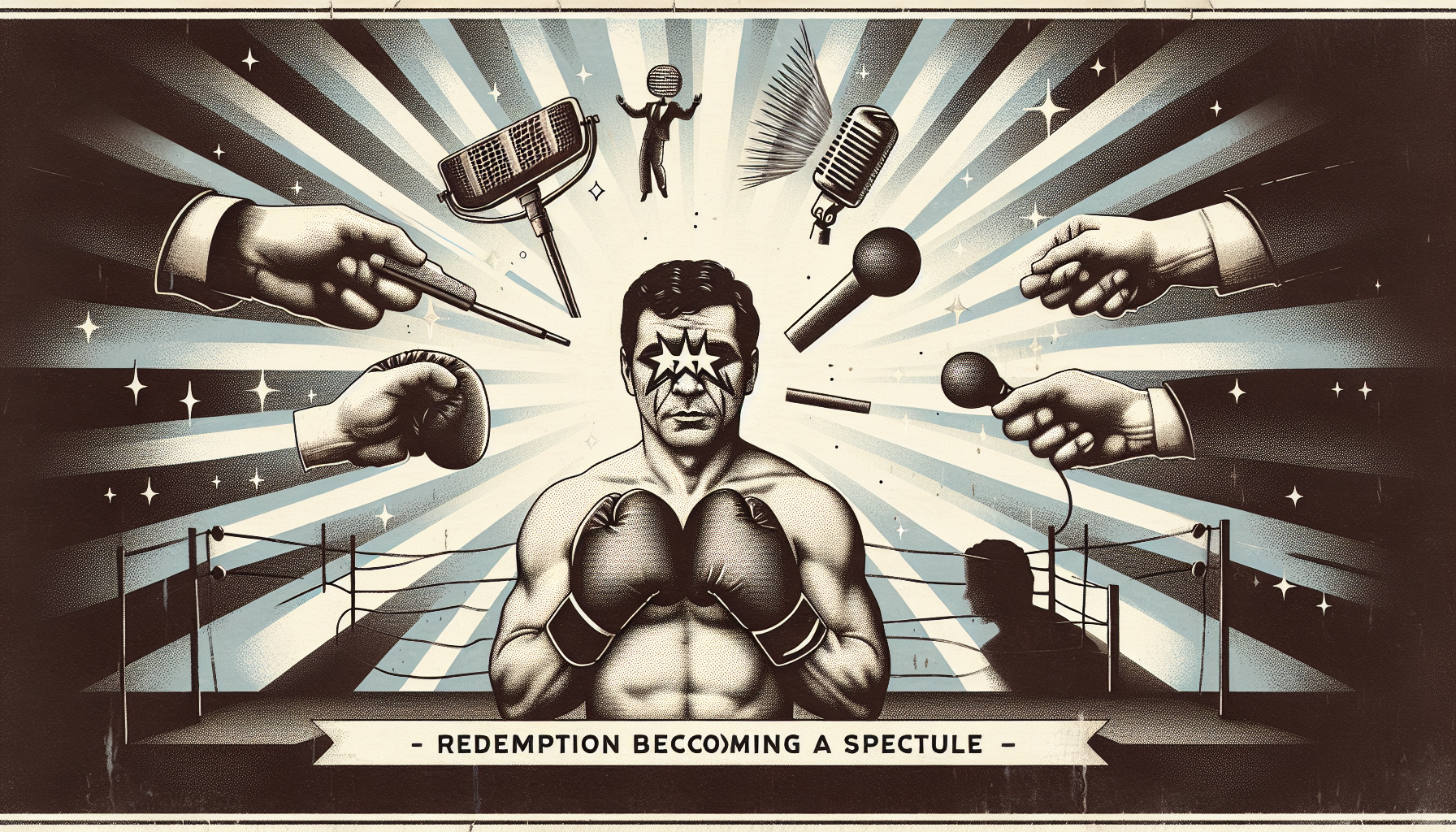Title: Red Hats and Rising Numbers: What MAGA’s Surge Says About America in 2025
Dear reader,
Let’s begin not in a rally hall echoing with cheers, nor in the sterile confines of a polling station, but rather in the silent shift of a percentage point. Because sometimes, history doesn’t change with a bang—but with a graph.
According to a new NBC News survey, more than a third of registered American voters now identify with the MAGA movement, marking a dramatic post-election uptick in support for Donald Trump’s signature political brand. Among Republican voters specifically, that figure has ballooned to 71 percent—an eyebrow-raising rise from just 55 percent before the 2024 election. It’s the kind of shift that doesn’t just reflect public opinion. It redefines it.
And so, we ask the question: what does it mean when a slogan becomes a political identity—and more people sign on, not fewer?
The Red Hat Renaissance
MAGA—Make America Great Again. What began as a marketing slogan from the Trump 2016 playbook has now evolved into a cultural phenomenon with staying power. Ronald Reagan may have first coined the phrase during his 1980 campaign, but Trump trademarked it—literally and figuratively—for a new era. This latest polling data marks MAGA’s most significant ideological surge since January 2024, when barely 20% of voters openly identified with the movement during the Republican primaries.
Now? That number has more than doubled.
What changed? Maybe it wasn’t what happened, but how it was framed.
Trump, emboldened by a second term and a growing sense of party loyalty, has positioned his movement not as an extension of the GOP, but as the GOP itself. According to the data, the biggest growth came from one particular group: college-educated men, who showed a 16-point increase in MAGA identification compared to 2024. For context, that’s not an outlier. That’s a cultural shift.
The Cult or the Core?
There was a time when MAGA was treated like political graffiti—spray-painted across campaign banners but not part of the architectural blueprint. But now, for many Republicans, it is the structure. According to Bill McInturff, a GOP pollster from Public Opinion Strategies, “All of that shift is coming from Republicans.” In other words, MAGA is no longer just a wing of the party. It’s the aircraft.
Much of this identity consolidation comes against a backdrop of contradictions. Trump's overall approval rating may have hit a relative high of 47% according to NBC, but a parallel CBS News-YouGov poll suggests 54% of voters still blame him for the ongoing economic downturn—a spotlighted consequence of his latest economic moves, including a controversial tariff war.
So how does this paradox survive? Perhaps because MAGA’s currency has shifted from policy to pride.
The Emotional Algorithm
Let’s talk psychology for a moment. MAGA isn’t a policy platform—it’s a personality badge. For its followers, it's about battling perceived cultural decay, elite condescension, and institutional betrayal. That’s not politics. That’s tribalism.
We saw a similar trend in the Brexit era, remember? Leaving the EU was as much about reclaiming identity as it was about economic calculations. MAGA taps into that same vein: a politics of belonging. It’s not what you're voting for—it’s what you're voting against.
And when identity becomes the ballot box, facts become less important than feeling.
A Movement with a Mirror
MAGA’s resurgence also presents a mirror for American politics—and one that may be uncomfortable to stare into. For Democrats and moderate Republicans alike, the assumption for years was that Trumpism would fade with time, controversy, or defeat.
Instead, it adapted. It failed forward. And now, it's gaining ground again not because Americans forgot what MAGA stood for—but because enough of them remembered and chose it anyway.
Consider this: Trump's gleeful reaction to the poll results, posted late on Truth Social, read, “A just out NBC Poll says that MAGA is gaining tremendous support. I am not, at all, surprised!!!” That triple exclamation point isn’t just punctuation. It's prophecy, at least for his base.
The Gilded Paradox
Of course, there's irony here too. While Trump denounced NBC just a month ago as “one of the worst networks on television,” he was more than happy to celebrate their numbers when they favored him. It’s the MAGA mantra in action: distrust every institution—until it agrees with you.
That’s not a quirk; that’s a strategy. And it's working.
So, Where Do We Go From Here?
We are not merely dealing with voter enthusiasm. We are watching the institutionalization of a movement that was once dismissed as fringe. Trump didn’t invent American populism. But he made it mainstream, meme-able, and ultimately, magnetic.
The bigger question isn’t whether MAGA will dominate the GOP—it already has. The real question is whether the rest of America can offer a counter-message compelling enough to compete. Because in the age of branding, energy often trumps nuance.
We end here not with a prediction, but with a provocation: If MAGA can grow even under scrutiny, who’s really writing the next chapter of America—its leaders, or its loudest factions?
Yours in watchfulness,
A Chronicler of Shifting Tides & Red Hats

